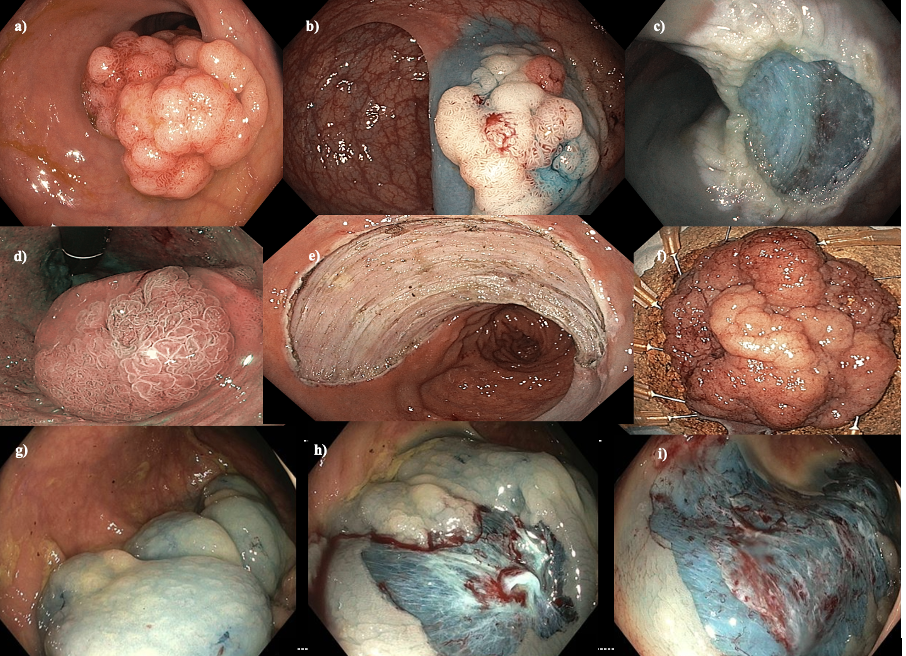The landscape of Inflammatory Bowel Disease (IBD) treatment is evolving, with Janus kinase (JAK) inhibitors like Tofacitinib and Upadacitinib emerging as effective oral therapies. These drugs offer a novel approach in managing IBD, presenting an alternative to traditional treatments.
A key concern associated with JAK inhibitors is an increased risk of herpes zoster (shingles) infections. The mechanism linking JAK inhibitor therapy to a heightened risk of shingles is not fully understood. This risk is more pronounced in patients who are immunocompromised or aged over 50 years.
To mitigate this risk, the Shingrix vaccination is recommended for these vulnerable groups. Shingrix, a non-live recombinant vaccine, has shown over 90% efficacy in preventing shingles and its most common complication, postherpetic neuralgia (PHN). Additionally, regular monitoring of patients on JAK inhibitors for early signs of infection can further enhance patient safety.
In conclusion, while JAK inhibitors present a promising avenue for IBD treatment, the associated risks, particularly of shingles, require careful consideration. Proactive non-live vaccination with Shingrix and patient education are key in optimizing patient outcomes. As always, a personalized approach, weighing the benefits against the risks for each patient, is the hallmark of effective treatment.



